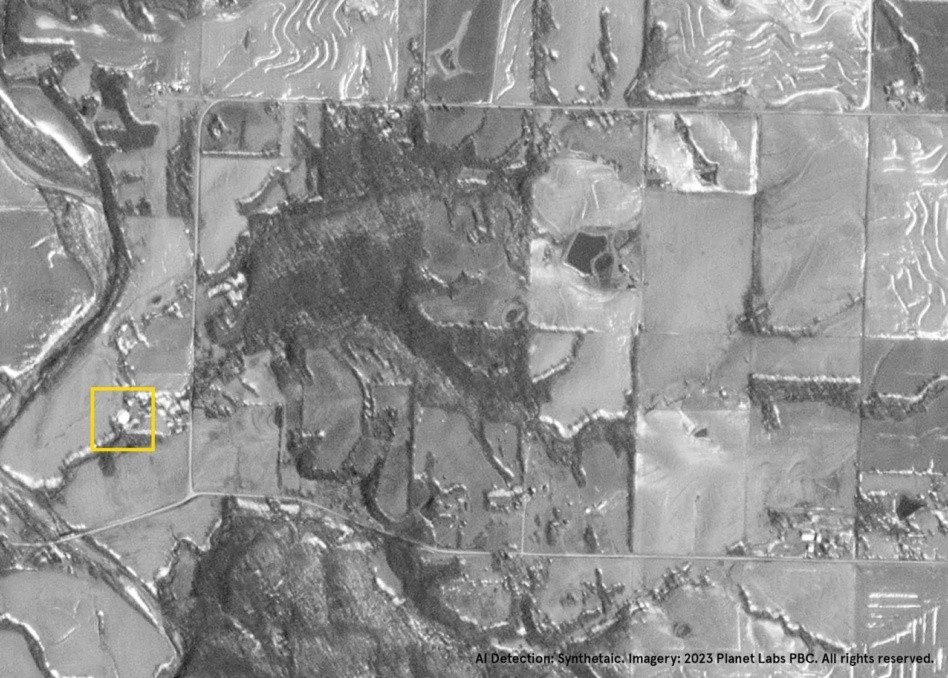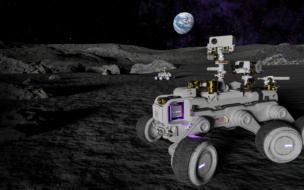When the data-hungry firm Booz Allen Hamilton finds gaps in its customer offerings, it has a new way to fill them: A strategic venture fund that backs start-ups with cash and operational assistance.
The two-year-old fund has invested in Albedo Space, which aims to make very low flying satellites, and Synthetaic, an AI start-up most famous for finding the origin of a Chinese spy balloon buried in satellite data.
Following a down year for space investment, Payload asked Travis Bales, a managing director at the fund, and Chris Bogdan, who directs Booz Allen’s space business, what they’re looking for in a space company to serve their clients from NASA to the Space Force to the intelligence community. The answer? Unique data, or ways to process it.
“We understand the kinds of gaps they have in their data,” Bogdan said. “We sit down with Travis and we talk about what our clients need in space, Travis’s team comes back and says, well, here’s a couple of companies that do this, this, and this. And then we focus in and we find an Albedo.”
Leg up: Taking money from a strategic investor like Booz Allen Ventures can give startups access to more than just cash. The firm’s deals bring customers to companies and help them develop new products. “What we bring to the table as Booz Allen is that connective tissue between a company like Albedo and the intel community,” Bogdan said.
Trend report: At a time where space investors are looking for the next big thing, the two executives detailed some business models that are attracting interest from their clients:
- Smart satellites. Spacecraft with serious computing power to do analysis on orbit and beam back insights instead of raw data.
- Cislunar space. The Moon is open for business—because of its vantage point over Earth orbit and NASA’s Artemis program.
- In-space manufacturing. Ambitious plans for the Moon and Mars will require the fabrication of vehicles and habitats in space.
- Servicing and refueling. The US military wants its satellites to fly more freely, and that will require topping off their propellant tanks in space.



